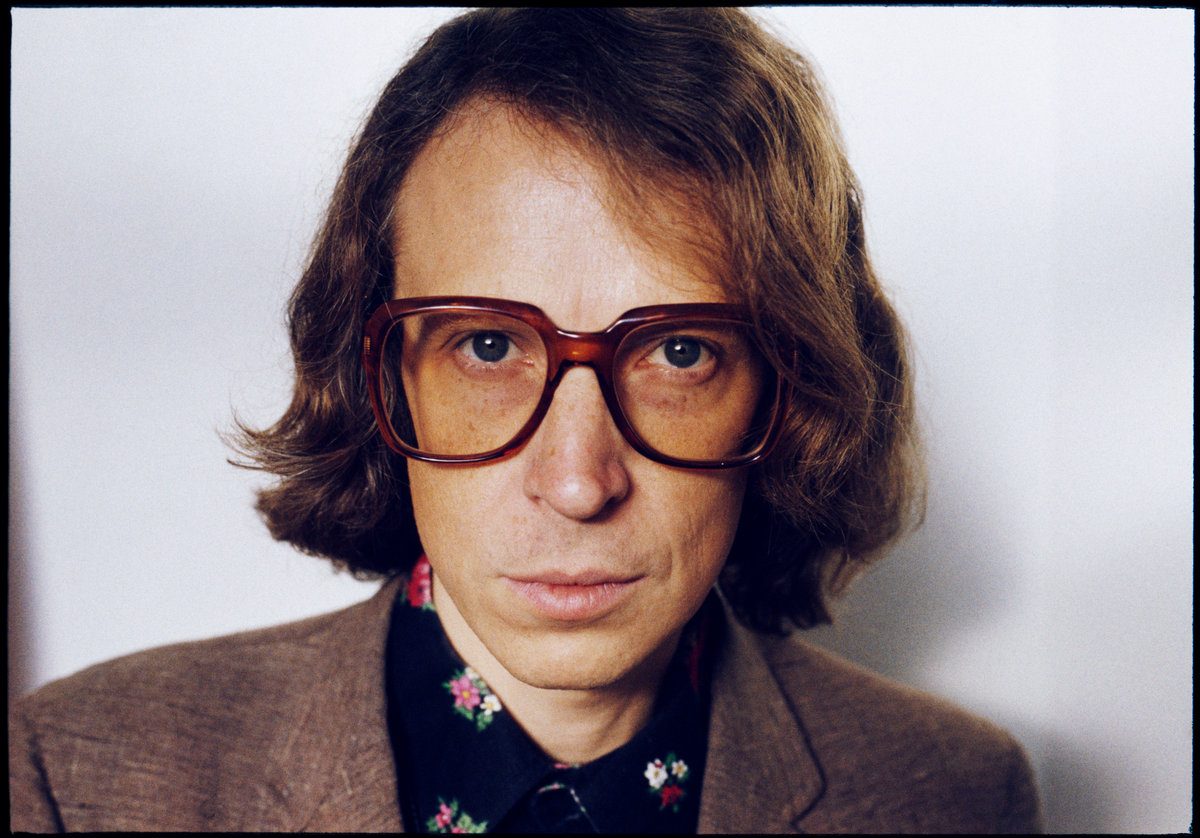“You’d think that people would have had enough of silly love songs I look around me and I see it isn’t so”, Paul McCartney sang in 1976. For the first time you are dedicating an entire album to this theme. What fascinates you about love songs and how do you interpret them for you?
It’s really the first time I’ve wholeheartedly and unashamedly explored themes of love in my music, in particular romantic love… I used to shy away from the concept. Love songs are dangerous as you’re only one ‘funny/money/honey’ rhyme away from a cliché! Being a virgin to these kind of songs really gave me a lot of leeway to explore the concept. I looked at romantic love, relationships, isolation and love in our social-media obsessed age.
You play on your records with established forms like Northern Soul or 70s singer-songwriter pop without simply imitating them. Is the fallback to the aesthetics of the past a declaration of love to this music or do you use rock history rather as a kit from which you can use the right building blocks to evoke certain feelings in your listeners?
I think it’s a bit of both. I am deeply influenced by the aesthetics of the past and I like to honour that but it’s also good to innovate. So while I am rooted in the past, I’m no purist – I’m always open to using modern production and recording techniques and contemporary influenced lyrics to achieve an effect. You need to use every trick you can get! Something like Coney Island Getaway, while influenced by 70s and 80s West Coast and Pop sounds just couldn’t have happened back in the day. The production and drumming is more of a nod to contemporary DIY Indie music and I think it’s the stronger song for that as it goes beyond pastiche.
On your new album “Love Club” you move into the golden age of soul and pop music of the seventies. Are the warm West Coast sounds the perfect supporting medium for love themes?
Yes, I think West Coast sounds, Philly Soul, Soft Rock and Pop – sounds of the 60s and 70s in general – lend themselves to love themes. You get a lot of ‘warm’ sounding artefacts when you record with analogue equipment and tape, so that’s a great start. And then the instrumentation in these styles often involves strings, horns, backing vocals etc. Think about Isaac Hayes, early Hall and Oates, 70s Beach Boys, Todd Rundgren… it’s all very rich sounding. You can feel the love before the vocal even starts!
What fascinates you about this music era? And which artists from this time influenced you?
It was such an inspirational era and the music still sounds very fresh. Artists were taking chances as not all the rules had been written yet. The aforementioned artists are some of my favourites but there are so many more influences from this period: Curtis Mayfield, Sly Stone, Steely Dan, all the soundtrack music from the era…
On your new single “In Trouble”, co-written with Michele Stodart of The Magic Numbers, you handle with the changing nature of relationships in our social-media addicted world. Is the World Wide Web in your opinion the gravedigger of romance?
It’s more we used to connect which deals with the changing nature of relationships in today’s world. I’m not sure if the web is the gravedigger of romance. The dynamics are certainly changing and maybe romance is evolving. I had a conversation with someone in their early 20’s who said he had never been on a date or a relationship initiated in the ‘real world’: all of his romantic liaisons, short or long were instigated online or in dating apps. That took me a while to process that idea as it’s the opposite to my experience! But who knows if these developments are ultimately good or bad? We don’t know the end of the story yet!
You recorded “Love Club” on vintage equipment in various studios around London and Berlin? How important is an analogue, authentic sound for you?
Analogue equipment and authentic sound is of course really important but I try not to get too caught up with the technical stuff. Ultimately it’s about the song and ideas and performances being captured. And I do a lot of post work on my laptop which is a pretty inauthentic instrument, haha!
What are the differences between the London and Berlin studio scene?
Like creative lifestyles in general, the studio scene is supported better in Berlin and people have the time, space and money to stretch out a bit on their creative conceits. London is the most expensive city in Europe, so it forces you to get your point across quickly… sometimes this can be a good thing! But there are talented engineers and great studios in both cities of course.
You’ve been working on this album with many collaborators for a couple of years – in a kind of personnel “Love Club”. How important is the cooperation with other musicians for your creative process?
Playing with other musicians is very important for my process. I only sing, play keys and a bit of guitar and bass – there are many things I can’t do on record. And moreover I like to create a collaborative sound with the authentic sound of a band. So if I pick the right people and a comfortable environment then I can show everyone in their best light and we become more than the sum of our parts. It’s just so important. In the early stages of recording, I am trying to capture these brilliant, creative moments shared by a few of my favourite musicians. Later on I can edit, cut up the recordings into pieces, destroy them in a way and build them up again as something different. But I need to have this fire of energy and authenticity at the beginning so I have something worthy of being cut up and destroyed, haha!
You are currently on tour in Europe. Where can we see you in the near future? And what can the audience expect?
I am performing around Germany, Spain, France, The Netherlands and UK over the next couple of months with my live band. The live show is a very different beast to the recordings and I try to channel the energy of a 70s soul frontman crossed with a slightly deranged and psychedelic TV talk-show host, haha! But they are very positive experiences and I will make you dance… even if you don’t want to!
Two last question: I’ve read that you’ve travelled the world in search of your muse, experiencing everything from being a victim of Caribbean carjackings to performing in the remote fishing villages of Norway, via the dive bars of Europe and the US. It almost sounds like an adventure novel. How did you allure your audience in such different places? And did you find your muse?
Well it has felt a little like an adventure novel, I’ve had a blessed life so far. I’ve actually found more similarities than dissimilarities in the many regions I’ve performed in. People are generally open to a soulful performance with a bit of energy even when the custom, language and culture may differ. As an artist I think I’ll always be searching for that muse… it’s a lifelong quest.
This interview was first published on June 14, 2018.
Photo: Légère Recordings

